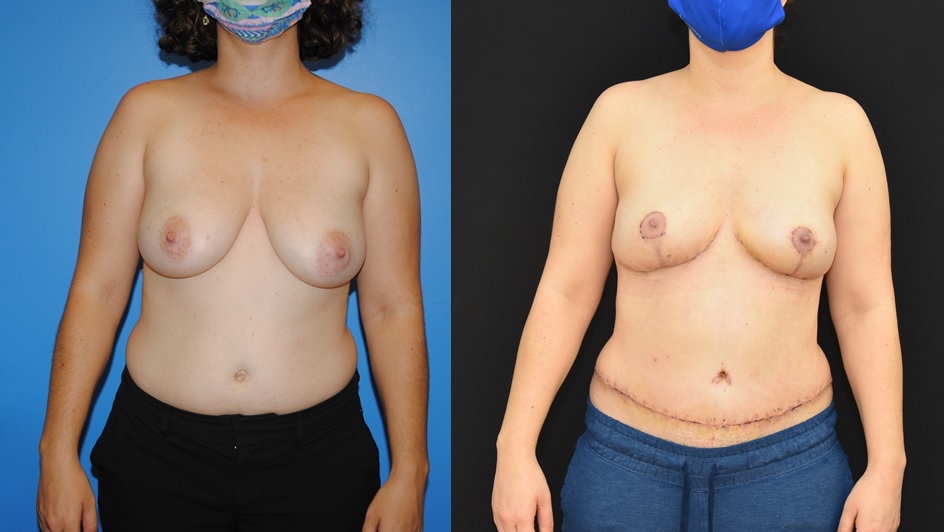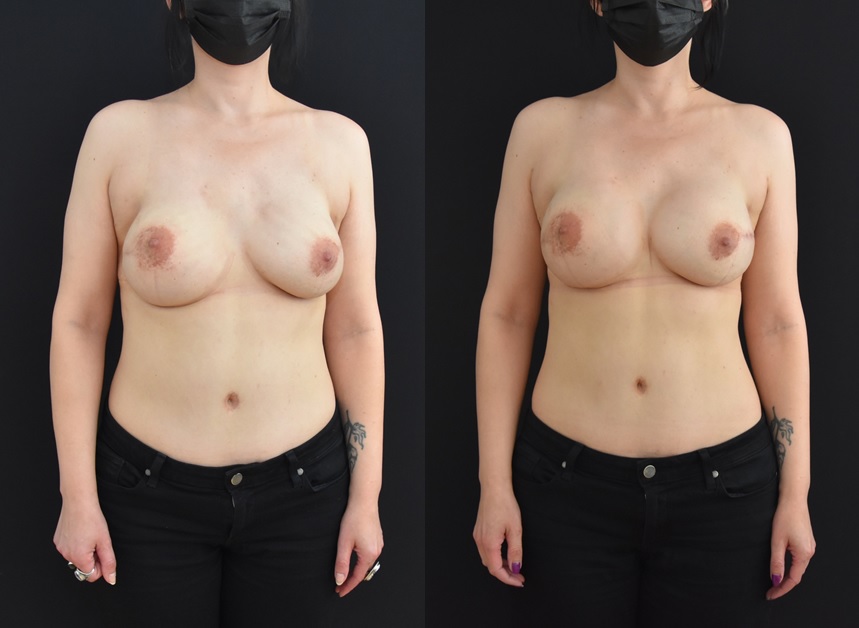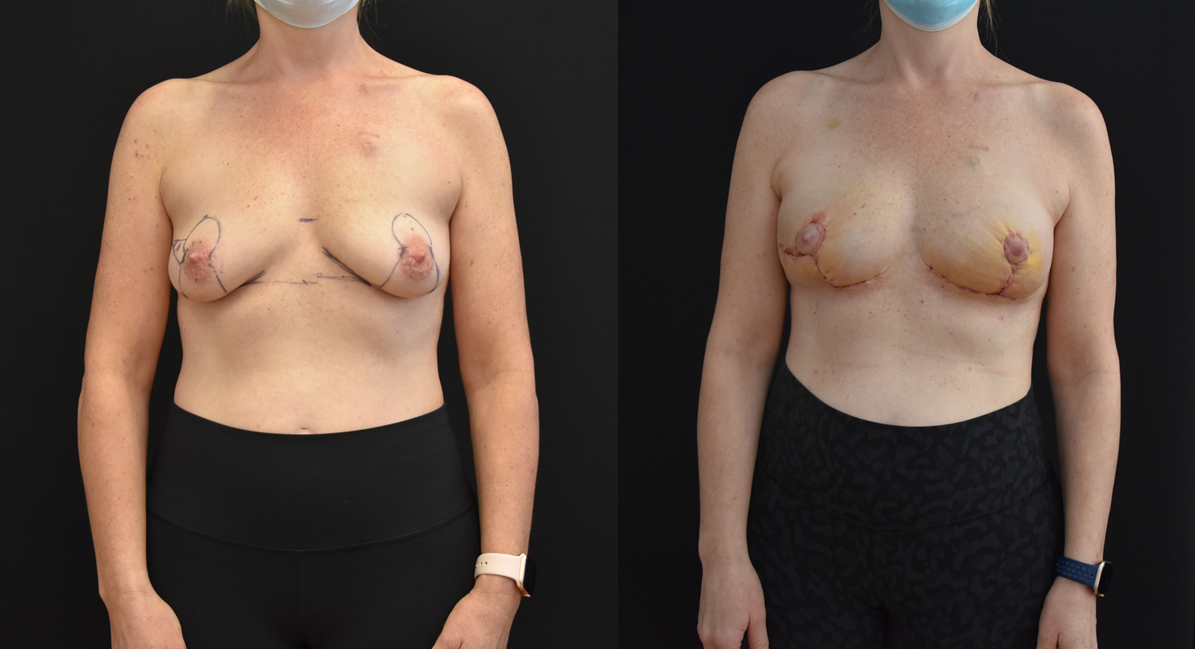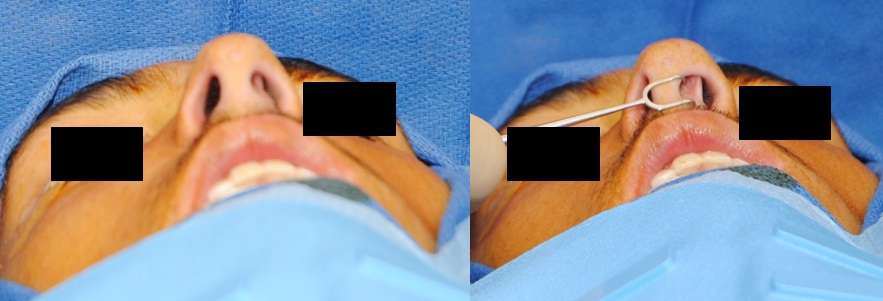DIEP flap reconstruction involves moving the lower abdominal tissue to the chest to reconstruct either one or both breasts. The healing process for DIEP flaps, as any other surgery, can take up to one year to 18 months or more to completely soften up and heal. Typical strenuous activity and weightlifting restrictions are on the order of 6 weeks. For…










